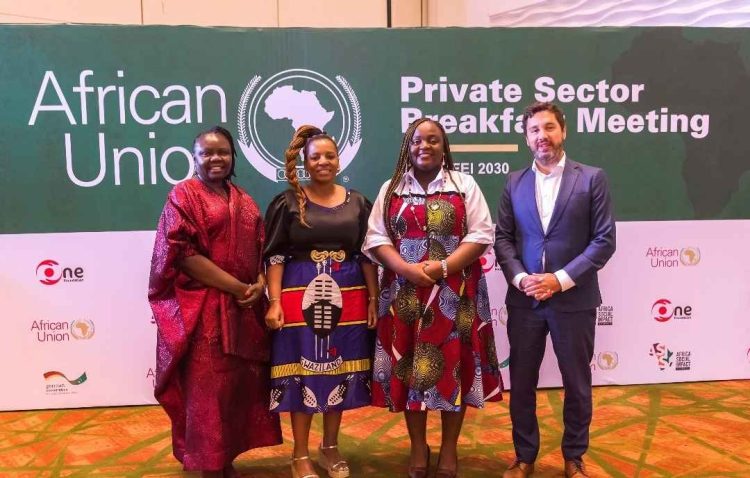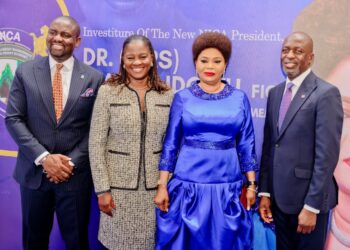Since its launch in 2022, the Women and Youth Financial and Economic Inclusion (WYFEI 2030) Initiative has created platforms to advance targeted financial strategies for African women and youth. The initiative is part of the African Women’s Decade on Financial and Economic Inclusion (2020–2030).
High-Level Meeting Rallies Private Sector Support
In a recent high-level gathering, the African Union Commission’s Women, Gender and Youth Directorate, in partnership with the Sterling One Foundation and supported by the German Federal Ministry for Economic Cooperation and Development (BMZ) through GIZ, focused on mobilizing private capital and expertise.
The meeting aimed to close persistent financing gaps that hinder women and youth from accessing essential economic opportunities.
Unlocking $100 Billion by 2030
Held ahead of the Africa Social Impact Summit (ASIS 2025), the event highlighted the private sector’s critical role in unlocking $100 billion to support 10 million women and youth by 2030.
The conversation focused on developing gender- and youth-friendly financial services, improving data systems to support underserved entrepreneurs, and offering technical and business support for scale.
Leaders Call for Action
Ms. Prudence Nonkululeko Ngwenya, Director of the Women, Gender and Youth Directorate, emphasized the need for deep reform.
“We must place women and youth at the center of policy, resource allocation, and accountability,” she said.
“The private sector is not a guest here, it is a co-owner of the WYFEI 2030 agenda, designed for shared investment and innovation.”
Ms. Olapeju Ibekwe, CEO of Sterling One Foundation, echoed this sentiment.
“Inclusion cannot remain just a buzzword. Women and youth are central to Africa’s economy. Any agenda that excludes them is incomplete,” she said.
“Partnerships must go beyond alignment and drive real execution that fits Africa’s current investment landscape.”
Dr. Tobias Thiel, Director of GIZ African Union, reinforced the urgency.
“Addressing barriers to inclusion is not only a moral obligation, it’s an economic necessity,” he said.
“We must move forward together with boldness to build a continent where everyone has equal opportunity.”
EmpowerHer Africa Launched
During the meeting, UNICEF Deputy Director of Partnerships Dr. Nadi Albino unveiled the EmpowerHer Africa initiative.
This program aims to reach 50 million adolescent girls and young women across Africa, connecting them with financing, technology, and business resources under the WYFEI 2030 umbrella.
Next Steps for WYFEI 2030
This event marks the beginning of a series of AU-led engagements across Africa. The Sterling One Foundation will anchor ongoing public–private dialogues to drive sustainable investment.
These efforts aim to form strategic partnerships, unlock innovative finance solutions, and align private sector action with the AU’s broader goals.
Through consistent collaboration, stakeholders hope to break systemic barriers and generate measurable progress toward inclusive economic transformation.












